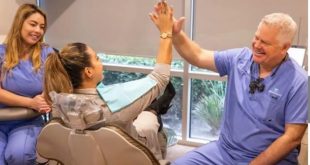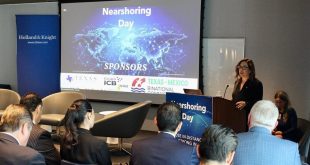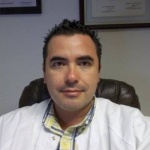
“There is no biological reason that prevents us from stopping the aging process.”
-Richard Walker – Geneticist
By: Dr. Elton Gomez, Regenerative Medicine Specialist
The extension of human life, the useful life, has been a dream long cherished by almost all the civilizations of the planet, fables, tales, and infinite legends have been built around the idea of living forever, and for the first time in the History of Science is very close to achieving a gigantic step in that direction.
To the great majority of people, who are asked the question: “Would you like to live more than 100 years?” the response is: “I would not like to live so long,” the reason for this answer is that when they hear the question, it comes to their mind the image of an old person, with the fragility, pain, diseases, and depression that this entails, but if the question changes to: “Would like to live 100 years, but with the body of a person of 30 or 40 years, and just one day fall asleep and not wake up anymore?” I’m sure the answer would change to “Yes, of course!”
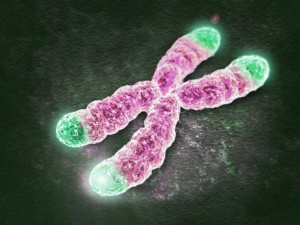 Medicine had made little progress in this regard, but in the last decade, the mechanisms involved in the increasingly so-called “aging disease” have been elucidated, in part thanks to TRANSLATIONAL MEDICINE.
Medicine had made little progress in this regard, but in the last decade, the mechanisms involved in the increasingly so-called “aging disease” have been elucidated, in part thanks to TRANSLATIONAL MEDICINE.
But what is translational medicine? The term, which comes from the word TRANSLATION, was coined almost 20 years ago, and is summed up with the phrase “from the laboratory to the patient’s bed, from the patient’s bed to the laboratory” and summarizes the meaning of translational medicine very well, which seeks to take basic scientific research to the clinical field, as quickly as possible, and as efficiently as possible and from there, have feedback once again in the laboratory, with the findings obtained in the clinical application.
Translational medicine consists of 4 steps:
1: from basic scientific discovery (basic knowledge) to potential clinical application (theoretical knowledge).
2: evidence-based guidelines (knowledge of effectiveness).
3: clinical care or intervention (applied knowledge).
4: the health of a community or population (knowledge of public health).
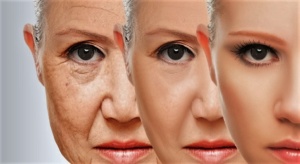 There have been advances in all fields, but particularly the most spectacular advances have been in the fields of extension of human life, and cell regenerative medicine, this due to animal models that allow implementing test therapies that would take many years to apply in humans, currently there are several “strains” of mice, created specifically for research, so we have: mice that age very quickly, mice with a tendency to have cancer, mice with a tendency to wear out from the joints, diabetic mice, obese mice, etc, etc.
There have been advances in all fields, but particularly the most spectacular advances have been in the fields of extension of human life, and cell regenerative medicine, this due to animal models that allow implementing test therapies that would take many years to apply in humans, currently there are several “strains” of mice, created specifically for research, so we have: mice that age very quickly, mice with a tendency to have cancer, mice with a tendency to wear out from the joints, diabetic mice, obese mice, etc, etc.
The fruits of these investigations have allowed us to know, the beneficial effects of stem cell therapies, in order to be able to regenerate any tissue of the organism, of genetic therapy, which allows us to do things like getting better tone and muscle mass, to avoid falls and weakness in late stages of life, and the most interesting of all, the extension of youth and healthy human life.
Today, promising treatments that extend life, physical, mental, sexual and psychological health, treatments that regenerate tissues such as cartilage, ligaments and joints, skin, brain, liver and other organs, are increasingly accessible for the average citizen, getting closer and closer to that utopian dream of “living a long and prosperous life.”

